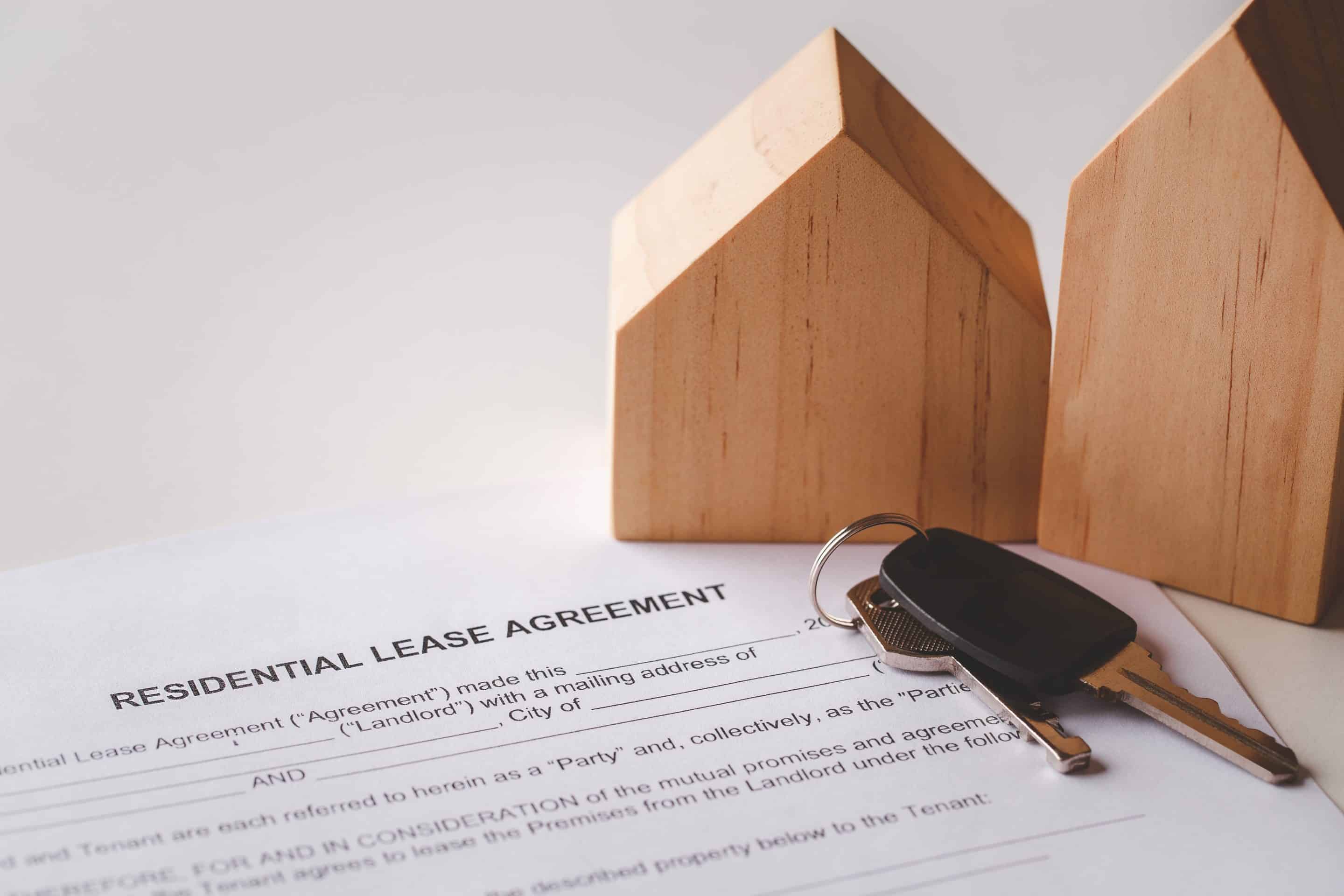The Reality of Residential Rental Property: A Landlord’s Journey
Is becoming a landlord worth it in 2024?
Investing in residential rental property is often touted as one of the best ways to make money and increase wealth. On the surface, the idea sounds foolproof. Buy a property, rent it out, and collect passive income while watching your investment appreciate over time. What could go wrong? Well, as many seasoned landlords will tell you, plenty. Owning rental property comes with its fair share of headaches, and it’s often more challenging than you might expect.
In this blog, we’re going to dive into six classic challenges that new landlords face and discuss ways to handle these hurdles. Whether you’re a newbie thinking of stepping into the world of rentals or just curious about what the hype is all about, you’ll find the truth behind the “passive” part of passive income in real estate.
1. The Hunt for the Perfect Property
Ask any landlord where their rental property journey began, and most will tell you about the trials and tribulations of finding the right property. Entire books could be (and have been) written about this stage alone because it’s so critical to long-term success.
It’s a balancing act: buy a property that’s too expensive, and you may struggle to see profits. On the flip side, if you buy something dirt cheap with plans to fix it up, be prepared for the time, effort, and cash it will take to renovate. Remember, every moment you spend fixing up a property is time not spent doing other profitable or enjoyable activities.
For those who lead busy lives or lack renovation skills, it’s possible to outsource much of the legwork. Real estate management companies can help find properties and manage rehab work—but for a fee. Either way, it’s crucial to be realistic about your capacity and willingness to handle the property search and repairs yourself.
2. Preparing the Property for Renters
Once you’ve locked in a property, the next challenge is preparing it for tenants. This isn’t as simple as dusting off the countertops and calling it a day. At a bare minimum, you’ll likely need to invest in new flooring, fresh paint, and basic maintenance tasks like staining decks, fixing screens, and tending to the lawn.
These upkeep tasks aren’t one-time jobs either. Every time a tenant moves out, you’ll probably find yourself back at square one—updating the property so it’s move-in ready for the next person. And each of these improvements takes time and money, chipping away at your profits with every turnover.
3. Finding (and Keeping) Good Tenants
Good tenants are the backbone of a successful rental property business. But finding them? That’s no easy task. Fortunately, rental listing sites make it easier than ever to advertise your property to potential tenants. You can also work with real estate agents or enlist the help of friends and family to spread the word.
If you decide to vet tenants yourself, you’ll want to run credit and background checks. While these come at a cost, they’re invaluable for weeding out potentially problematic tenants. Good tenants are timely with rent payments, take care of the property, and don’t require costly evictions.
If tenant screening seems too daunting, you can hire a property management company to handle this process for you. However, be prepared to fork over a portion of your profits in exchange for their services. Still, avoiding problematic tenants can be worth every penny.
4. The Never-Ending Hassles
Even with perfect tenants, no rental property is immune to the occasional hassle. Think broken pipes, clogged drains, garage door malfunctions, pets, or noisy roommates. While many tenants are understanding, some will want immediate attention for even the smallest inconveniences—like when the cable company cuts their internet or the stove malfunctions.
Of course, problematic tenants can cause even bigger headaches. Late rent, repeated maintenance requests, and disputes over damages can all take a toll. And when tenants move out, you’re often left with wear and tear that requires costly repairs. In some cases, it’s easier to bite the bullet and make repairs yourself to avoid prolonged vacancies.
5. Maintenance Woes: The Money Pit
Here’s the part that often surprises new landlords: maintenance costs can pile up faster than you think. Appliances break down, roofs need replacing, and driveways wear out over time.
Say the rent for your unit is $1,500 per month, but you suddenly find yourself faced with a $10,000 bill to replace the roof. That’s months of rent down the drain. Add in routine repairs like new flooring, paint jobs, or appliances, and you can easily find yourself in the red for years if you’re not careful.
6. How Interest Rates Can Impact Your Profitability
Believe it or not, fluctuating interest rates can also affect your rental property business. When rates are low, it’s often more affordable for renters to buy their own homes, which reduces demand for rental properties. If demand drops and you’re forced to lower your rent to stay competitive, your profit margin takes a hit.
Another cost to factor in is landlord insurance. Unlike a standard homeowner’s policy, landlord insurance is tailored to rental properties—and it’s more expensive. Be sure to account for this ongoing expense when you’re calculating your potential profits.
Is There Profit Potential? Absolutely—With the Right Plan
Despite all these challenges, earning money from rental properties is possible. But to succeed, you’ll need a solid strategy. Here are a few approaches that experienced landlords swear by:
1. Live-In Landlord
One way to ease into rental property ownership is by buying a duplex or multi-unit building and living in one of the units yourself. Not only does this provide you with a steady stream of rental income, but you’ll also be on-site to handle maintenance and tenant issues as they arise.
2. Keep it Simple
If you’re not keen on dealing with high-end properties, consider renting out more basic apartments, particularly if your target market includes college students or low-income tenants. For example, leasing to Section 8 tenants through a government voucher program can be a reliable way to earn money while providing housing for those in need.
3. Long-Term Gains
Some investors don’t expect to make a profit from rental income alone. Instead, their goal is to break even while the tenant’s rent pays off the mortgage. After 30 years, they sell the property and pocket the equity. While this strategy takes time to pay off, it can result in significant profit when done right.
4. Go All In
For those looking to make real estate their full-time job, scaling up to own multiple rental properties can be the key to success. By incorporating and mastering tax strategies like property tax deductions and 1031 exchanges, these landlords turn property management into a profitable career.
Should You Hire a Property Manager?
If the thought of handling tenants, repairs, and marketing your property sounds overwhelming, you might want to hire a property manager. Property managers take over many of the responsibilities of being a landlord, from finding tenants and collecting rent to handling maintenance requests.
However, property managers aren’t free, and their fees will cut into your profits. You’ll need to decide whether the convenience is worth the cost, especially if you own multiple properties.
When choosing a property manager, be sure to verify that they have the appropriate licenses and experience. A good property manager will help with everything from advertising to maintaining tenant relationships, but be aware that as the property owner, you’re ultimately responsible for their actions.
Final Thoughts: Is It Worth It?
Becoming a landlord can be a rewarding and profitable endeavor—but it’s not for the faint of heart. Between finding the right property, keeping it maintained, dealing with tenants, and navigating market fluctuations, it’s a business that requires careful planning and a healthy dose of patience.
Before diving in, make sure you understand the realities of rental property ownership and have a clear plan in place. While it may not be the easy money-making scheme it’s sometimes made out to be, with the right approach, it can offer a steady stream of income and long-term financial growth.




